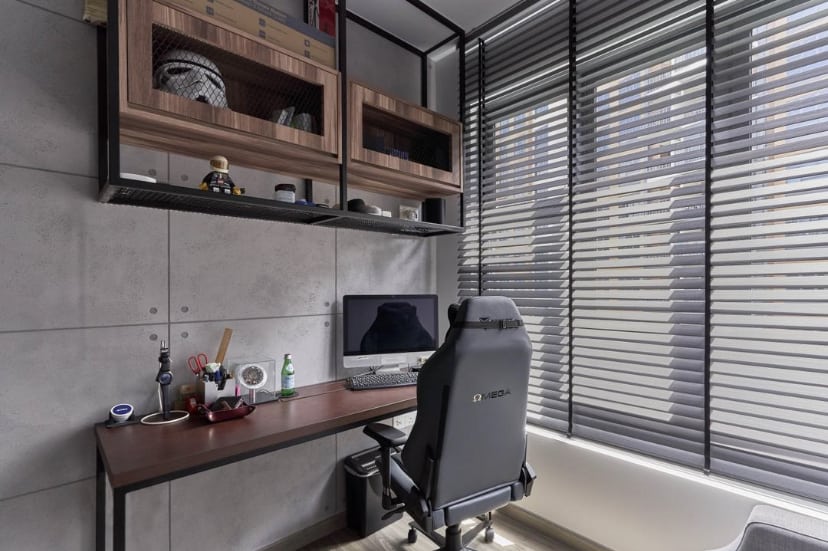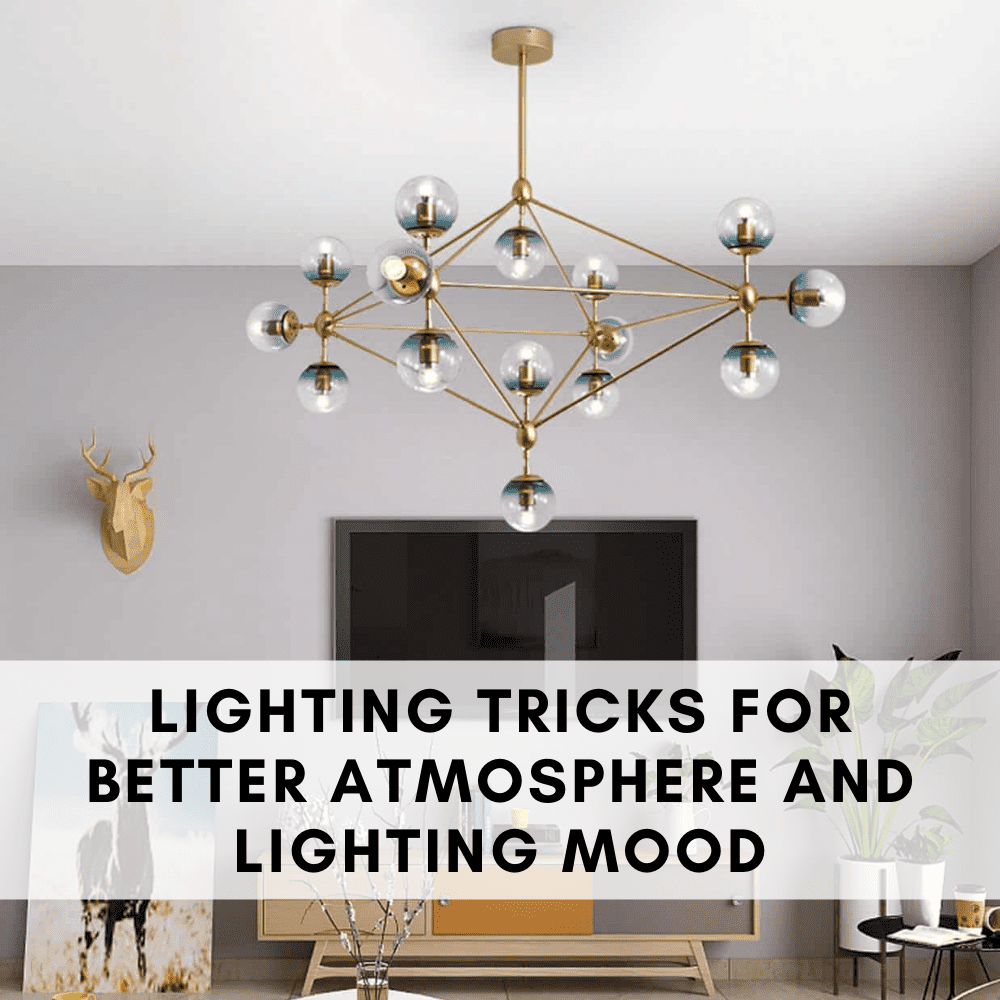 What atmosphere or vibe do you want to achieve in your place? Whether it is in your home, office, or other commercial spaces that you own, you will surely want to maximize the space and create a character for the said premises.
What atmosphere or vibe do you want to achieve in your place? Whether it is in your home, office, or other commercial spaces that you own, you will surely want to maximize the space and create a character for the said premises.
Did you know that lighting is one of the key elements that you can exploit in order to create the best lighting atmosphere and mood possible? Here we will discuss some tips on how you can effectively design the lighting of your interior to achieve the best possible vibe for your space
Tip No. 1: Set a Goal
Just like in life, there should always be an end goal that you ultimately want to achieve. You do not want to make your space look forced or inconsistent, right? Instead, you want to have a clear and consistent vision of your space.
First, identify your space. Are you renovating your kitchen, living room, any part of your home, your office or a commercial space? Next, you should pinpoint your desired finish for that particular space. Lastly, identify what atmosphere does that particular space require, or at least figure out what mood you want to set for that particular space. There’s your goal!
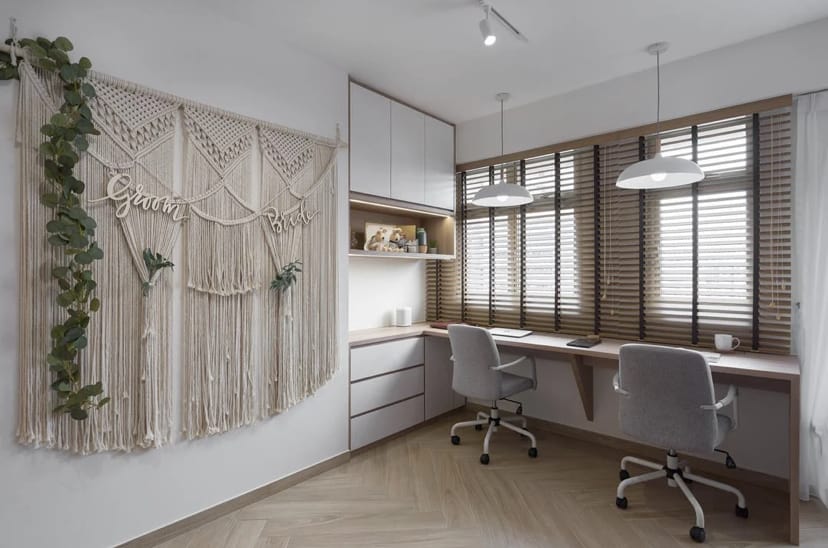
For example, let’s say you are renovating your home office. Now, you have to set the type of finish you want. If you can finalize on a theme, that’s better. Let’s say you opt to go for an industrial look for your home office. Next, you have to know what type of atmosphere you want to set in your place, and what mood you want to create for yourself. Naturally, since it is a home office, you would most probably want to be productive, awakened, and energized all the time when inside the room.
And, that’s how you set a goal!
Tip No. 2: Plan your Lighting
Now that you know your end goal, you may now continue to the specifics and plan your lighting properly. A brief lighting plan will be important. The following are key to your brief lighting plan
- Activities to be carried out in the room of interest
- Main features of the room that should be given emphasis
- Interior design theme
- Lighting locations
- Color temperature to be used
- Lighting fixture style
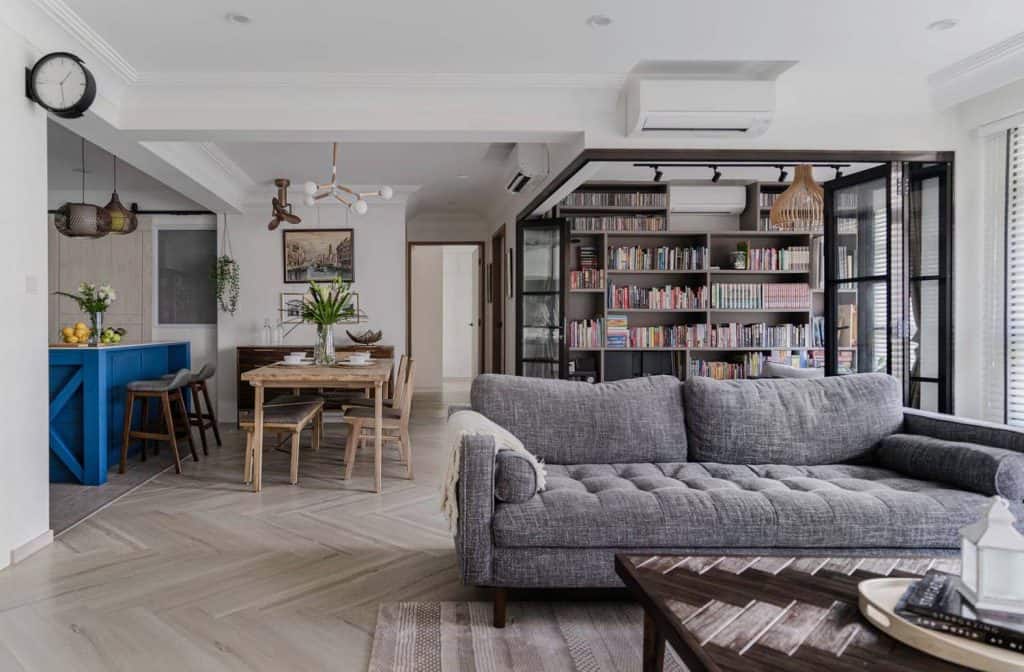
With all these in mind, you will be able to come up with a sufficient lighting plan.
Tip No. 3 Layer your lighting
Having a lighting plan is key, but it can be further enhanced through layered lighting. With a brief lighting plan, the basics will be established and it will definitely be functional. But again, the goal is to have an interior with better atmosphere and lighting mood, hence the need for layered lighting.
So why is layered lighting important? And how can it provide better atmosphere and mood? The fact is, there is no single lighting fixture that can illuminate a room properly, especially for large areas. With layered lighting, or basically lighting with multiple light sources, a well-lit and balanced space can be created.
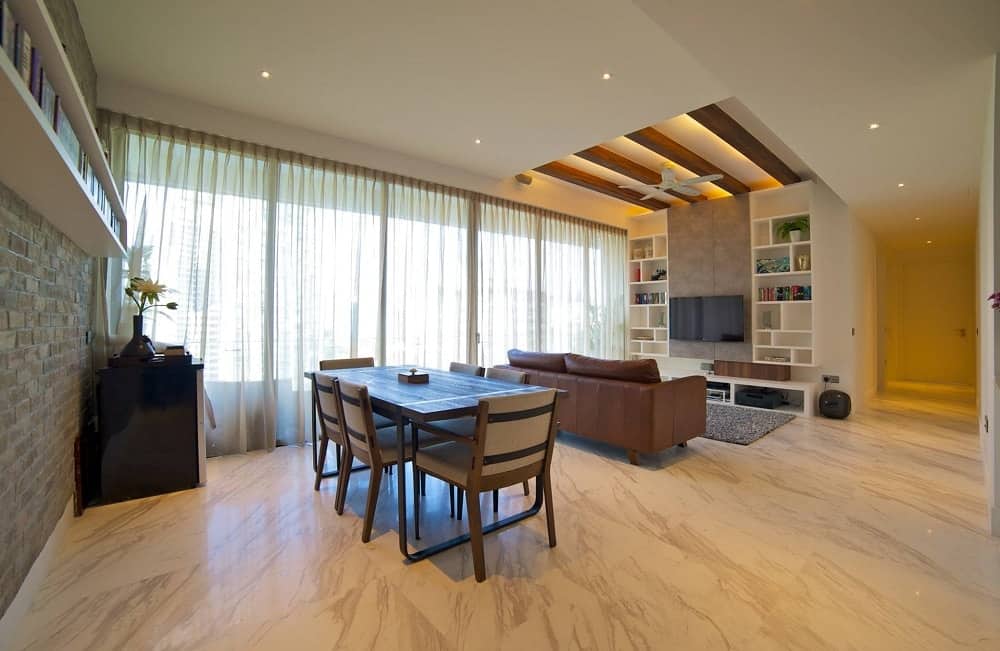
The most basic principle of layered lighting involves ambient lighting for overall illumination, accent lighting if there are several areas of interest that needs to be highlighted (piece of art, collections, etc.), and task lighting for extensive work to be done on a particular area (work areas such as desks, counters, and the like). If you want to know more about layered lighting, continue reading here.
More importantly, having layered lighting provides you with flexibility by adapting to your needs. Imagine having a bright room for work in the daytime and turning it to a sophisticated space in the evening for entertainment; or a quick transition from a morning of online meetings to a night of relaxation in just the same room. All these are possible with layered lighting.
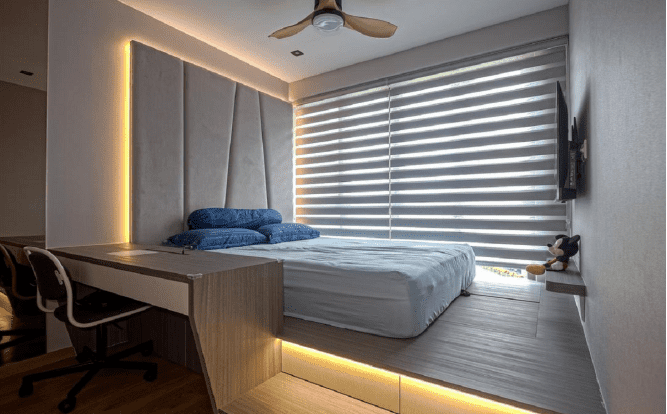
Tip No. 4 Choosing the Right Lighting Fixture
As many say, the right lighting can make or break a room. But it is not just the light itself that is important. Obviously, lighting fixtures has its own fair share of contribution to lending the perfect atmosphere and helping your design shine.
To put it simply, you will only use most lights at night but you see the fixture itself from morning till dawn. That’s how lighting fixtures affect interior design. And to state the obvious, having pleasantly looking lighting fixtures at your place will undoubtedly generate good mood, satisfaction and fulfillment.
Here are some of the more common lighting fixtures you can choose from:
Ceiling Mounted Lights
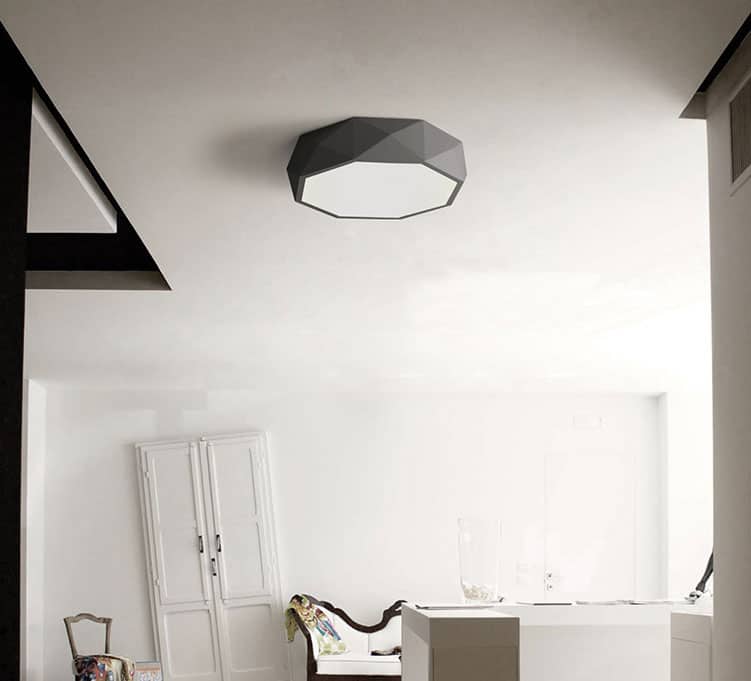
Chandeliers
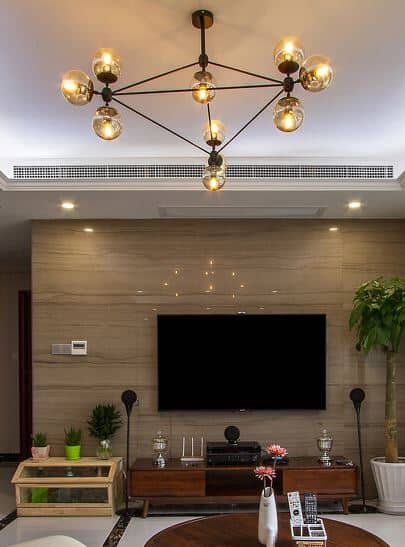
Pendant Lamps
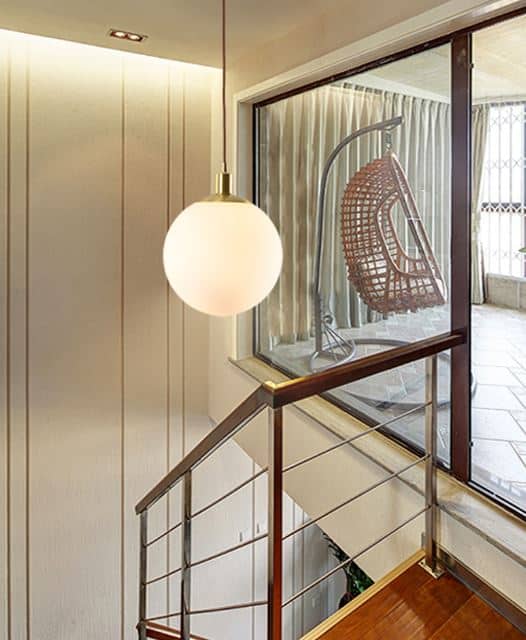
Hanging Lamps
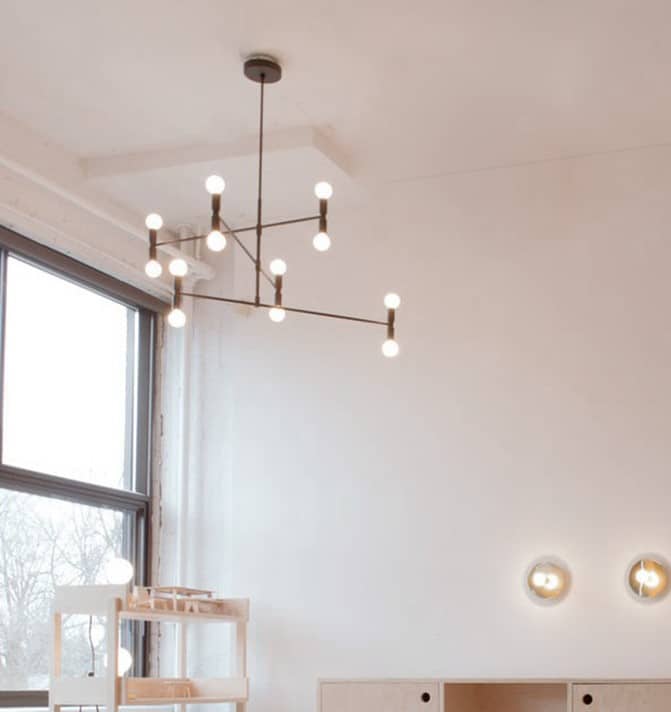
Wall Lamps
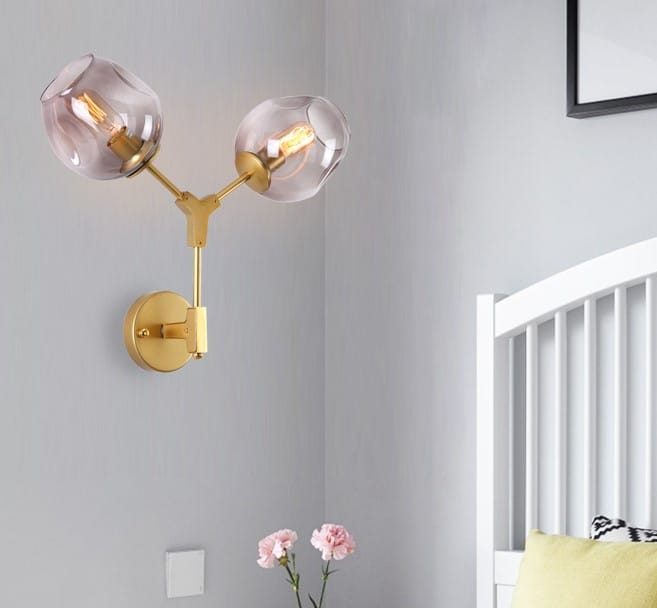
Recessed Lights/Flush Mounts
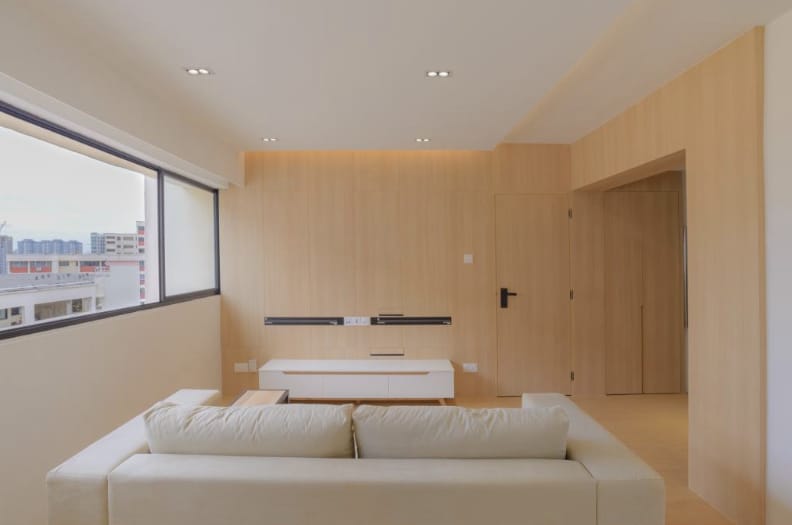
Tip No. 5 Choose the Bulb Carefully
Choosing the bulb, or the light itself entail various considerations particularly brightness and color.
Studies have proven that bright lighting can help you focus as it can stimulate your brain and increase serotonin levels that will eventually help you to concentrate. So obviously, if you are working from home, then you have to make sure that your ambient lighting is bright enough to make you more energized and help you be more focused. There are also other studies that show that bright lights increase intensity of emotional response. These studies explain that bright lighting has the tendency of making you feel warmer and in turn heightens emotion whether it is excitement, happiness, anxiety, or sadness.
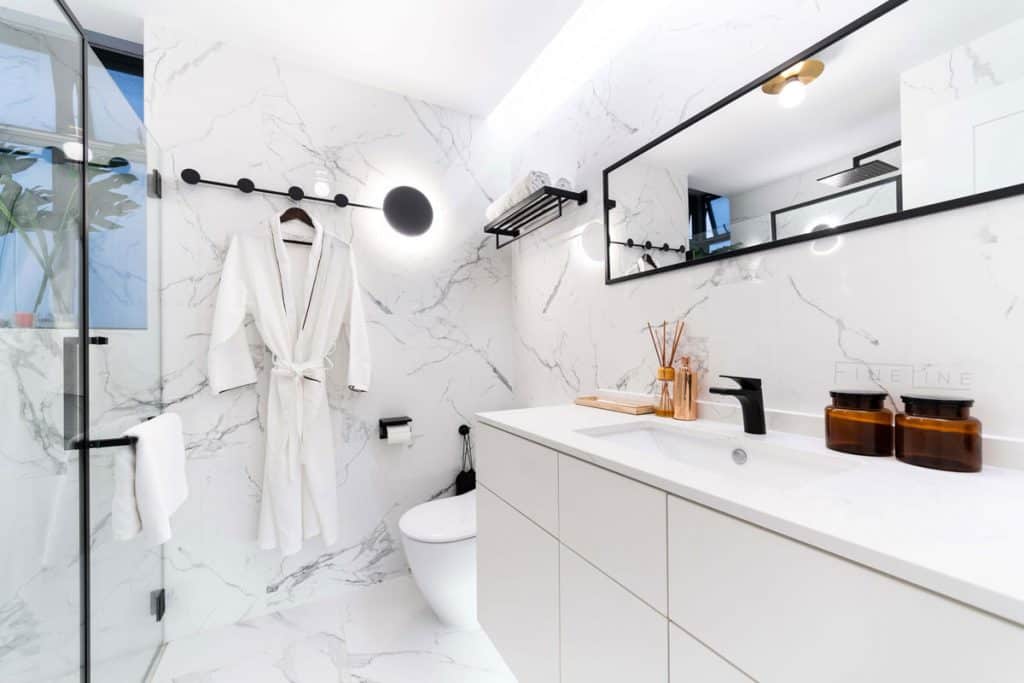
Choosing the right color temperature of light is also a must when choosing a bulb. The color temperature of light you choose can help set a certain mood in your space. In the Singaporean market, the most common color temperatures are Natural White and Warm White.
For rooms where productivity, critical thinking and efficiency is expected to be generated from, white light or day light is the right color temperature. On the other hand, If relaxation or entertainment is the purpose of the room, then warm white or yellow light is more appropriate.
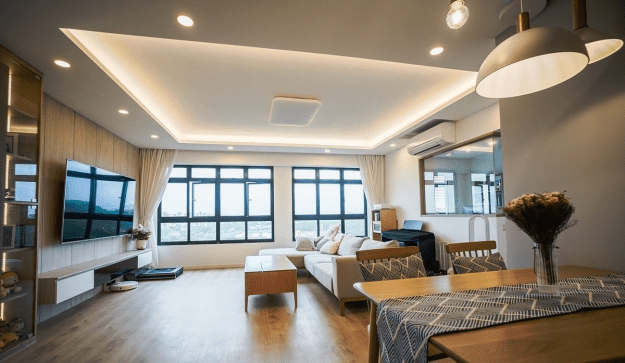
Tip No. 6 Recommended Combination per Room
Living Room
For Ambient Lighting :
- Recommended Fixture: Modern Ceiling Fan or Hanging Lamp
- Recommended Color Temperature: Day Light (White Light)
For Task Lighting :
- Recommended Fixture: Wall Lamps or Track Lights
- Recommended Color Temperature: Day Light (White Light)
For Accent Lighting :
- Recommended Fixture: Wall Lamps or Recessed Lighting
- Recommended Color Temperature: Warm White (Yellowish Light)
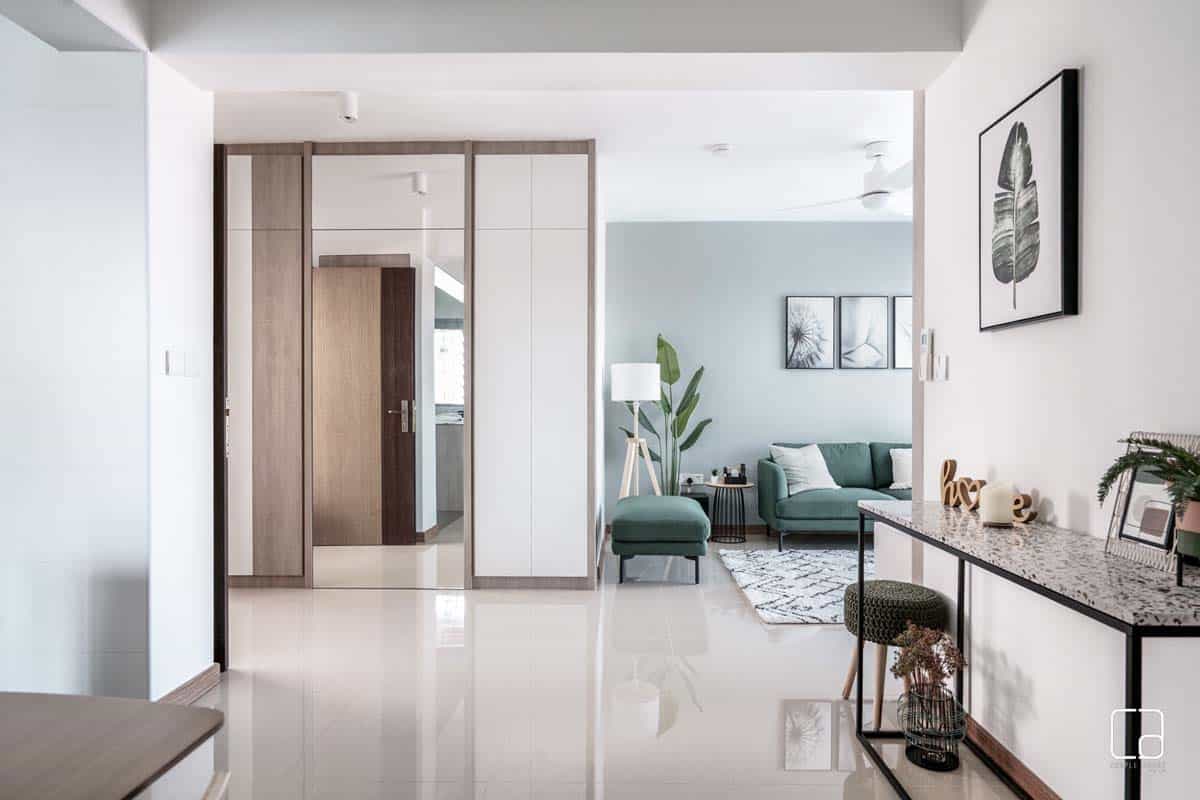
Dining Room
For Ambient Lighting :
- Recommended Fixture: Pendant Lamp or Chandelier
- Recommended Color Temperature: Day Light (White Light)
For Accent Lighting :
- Recommended Fixture: Wall Lamps or Recessed Lighting
- Recommended Color Temperature: Warm White (Yellowish Light)
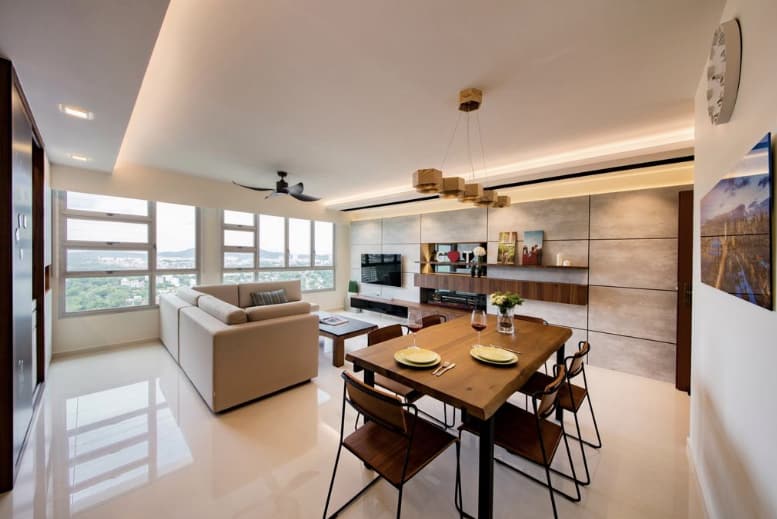
Kitchen
For Ambient Lighting:
- Recommended Fixture: Ceiling Mounted Light or Track Lights
- Recommended Color Temperature: Warm White
For Task Lighting and Accent Lighting:
- Recommended Fixture: Under Cabinet Lights
- Recommended Color Temperature: Day Light (White Light)
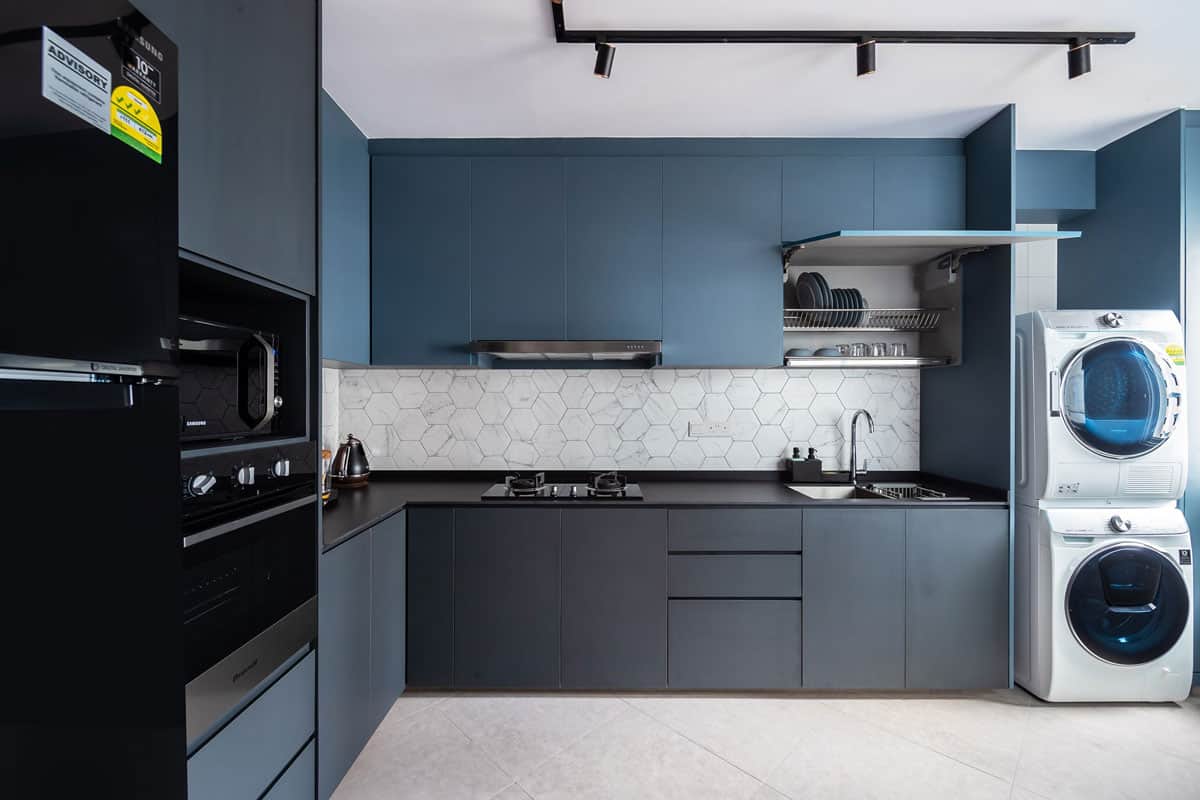
Home Office
For Ambient Lighting :
- Recommended Fixture: Hanging Lamp or Pendant Lamp
- Recommended Color Temperature: Day Light or cool White (White Light)
For Task Lighting :
- Recommended Fixture: Track Lights, Wall Lamps, or Table Lamp
- Recommended Color Temperature: Day Light (White Light)
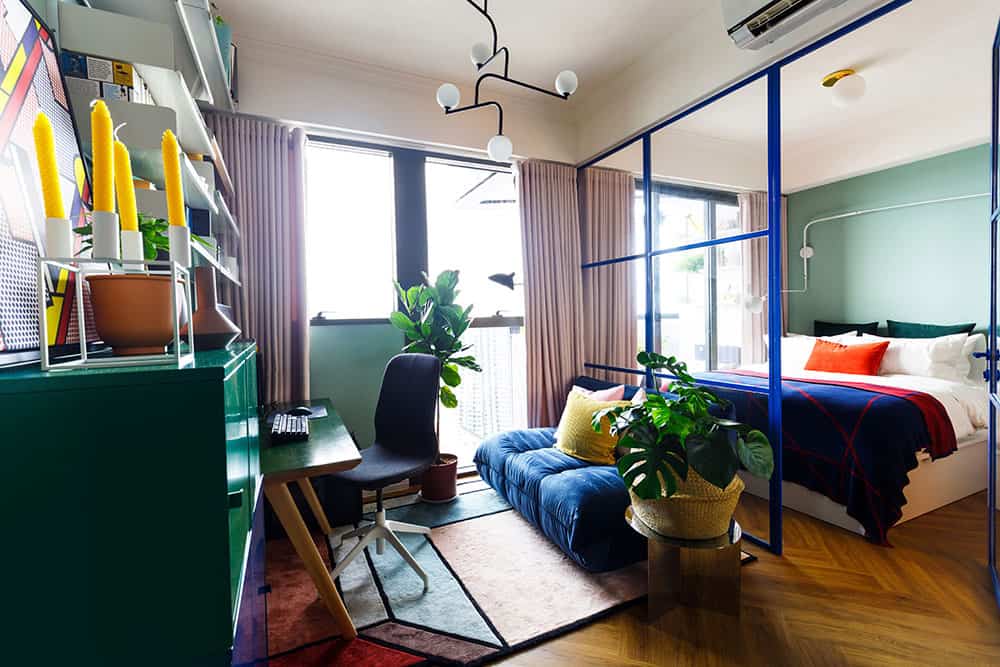
These combinations all provide flexibility hence, convenience for you. It’s like getting the best of both worlds where you have a well-lit space that is both functional, pleasing, and at the same time can generate proper atmosphere and mood that you desire.
For better atmosphere and lighting mood, make sure to read carefully and follow these tips. Let there be light!
